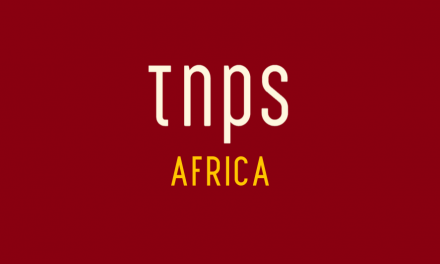While last decade it would need a major western digital books player like Amazon or Apple to provide a platform to reach local audiences, today a new generation of digital publishing start-ups are rewriting the script for small-population, small-language countries.
Having flunked Albanian at school, I’m struggling to find any updates on the 26th Tirana International Book Fair, due to have finished on the 19th. If anyone is lucky enough to speak Albanian and spots anything of interest, do get in contact.
Largely a public-facing event, this year the Albanian Publishers’ Association organised a seminar on the 15th about the problems of translating literature for children and teenagers into Albanian.
As ever, many foreign guests were from Italy (this time around, “the prominent Italian translator Ilide Carmignani, the Italian writer Alessio Puleo, the Italian writer Viola Ardone, the Italian translator Ilide Carmignani”, per the Albanian Daily News), joined by the French footballer Lilian Thuram. Publishing houses were from Albania, Kosovo, North Macedonia and Montenegro.
Worth noting that those were the exact same foreign countries participating as four years ago.
With a population of just 2.8 million it’s hardly surprising the Tirana fair attracts so few foreign publishers, but interesting to note the populations of those that did make the effort were even smaller – 2 million people in North Macedonia, 1.8 million in Kosovo and just 0.6 million in Montenegro.
Small countries with “small” languages that must make publishing extremely challenging commercially.
Which made it interesting to compare with the also just concluded Limassol International Book Fair in Cyprus, also population 2.8 million, that managed a stylish public and trade event thanks to the efforts of Michalis Kalamaras, who also keeps monoglot Brits like me in the picture with lots of English-language reportage – thanks, Michalis!).
Cyprus of course has language reach in Greece, and a language base of 10 million plus obviously offers publishers more opportunities, but we see countries like Finland, Norway and Denmark, all in the 5-6 million population single-country language club, and all with thriving publishing industries.
So while population size and language reach is certainly a consideration, it is not the defining characteristic for the success of publishers.
As important is an international outlook, and a willingness to embrace new opportunities as they emerge.
Digital is where the opportunities abound, of course. In print publishing the economies of scale weigh heavily against small-population, small-language countries. Digital helps level the playing field, both at home and abroad.
And while last decade it would need a major western digital books player like Amazon or Apple to provide a platform to reach local audiences, today a new generation of digital publishing start-ups are rewriting the script for small-population, small-language countries.
But let me end this post by keeping with the spirit of the headline and introducing a third just concluded book fair: The 9th Baku International Book Fair in Azerbaijan. And full disclosure, I not only flunked Albanian at school, but also flunked Azerbaijani, so again, if anyone has any additional Azer news items on the Baku fair to report, you know where to find me.
With the Russian Federation guest of honour, the Azer event unsurprisingly did not attract much interest from the western trade media, a topic I’ve touched upon in the past.
With just 10 million people, Azerbaijan has a place in the small-population, small-language club, but is keeping pace with technological innovations in publishing.
The Baku fair was sponsored by domestic telco Azercell, which offers Azerbaijanis an ebook and audiobook platform, courtesy of LitRes and Bookmate.
Another reminder that countries outside the western-publishing comfort zone need not despair. There are any number of publishing start-ups out there that can help give publishers in these countries new reach, both at home and abroad.





